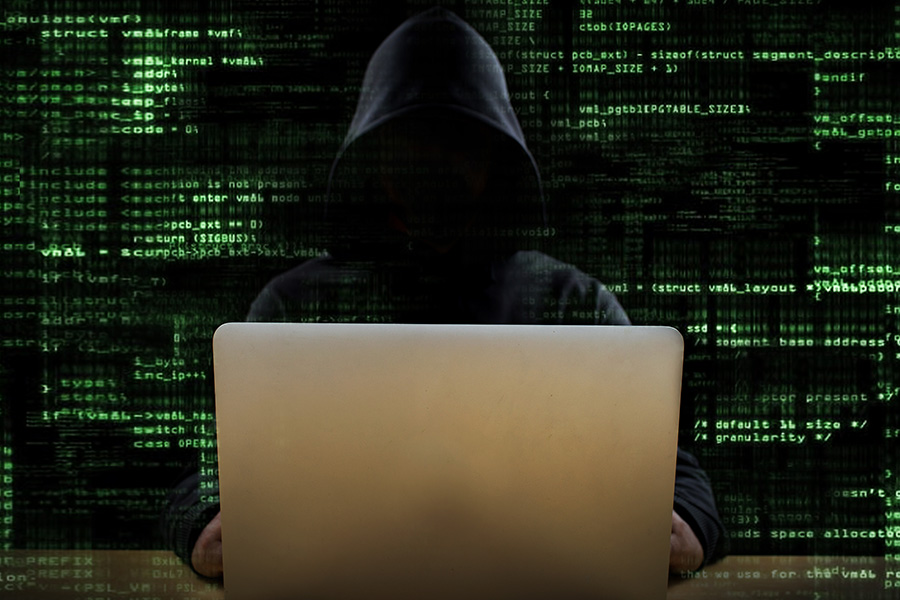With governments and corporations increasingly controlling and monitoring internet traffic, some users are turning to the Mega Darknet a collective term often used to describe an expansive set of decentralized, encrypted tools and platforms within the dark web to evade surveillance and censorship. While often associated with illicit activities, the Mega Darknet also offers legitimate ways for individuals, journalists, activists, and whistleblowers to communicate safely, access uncensored content, and share information without the fear of retribution. One of the most commonly used tools in the Mega Darknet is Tor The Onion Router. Tor allows users to browse the internet anonymously by routing their traffic through multiple encrypted nodes across the globe. This makes it extremely difficult for anyone including governments and internet service providers to track their online activity. Tor is often used to access onion websites, which are only accessible through the Tor browser and are not indexed by traditional search engines.

These websites are usually hosted on servers designed to keep their location hidden, making them resilient to takedowns and censorship. Another powerful tool is I2P Invisible Internet Project, which is a peer-to-peer anonymous network layer similar to Tor but optimized for internal services like forums, email, and file sharing. I2P creates a closed-loop system that encrypts communications at multiple layers and routes them through different peers, Mega onion protects users from network surveillance and traffic analysis. Unlike Tor, who is primarily used to access the surface web anonymously, I2P is used more for communication within its own ecosystem, offering secure messaging, file transfers, and even anonymous blogging. For secure communication, tools like PGP Pretty Good Privacy encryption can be used alongside dark web email services. These ensure that even if a message is intercepted, it cannot be read without the correct decryption key.
Many activists and journalists rely on PGP to exchange sensitive information safely, especially in countries with strict censorship laws. Cryptocurrencies such as Monero or Zcash also play a vital role in bypassing digital censorship. These digital currencies offer private, untraceable transactions, which can be crucial for individuals living under regimes that monitor financial activity to suppress dissent. Finally, decentralization platforms like Freenet and ZeroNet allow users to publish and browse websites anonymously, even if the original host is taken down. These networks replicate and distribute data across multiple nodes, making it virtually impossible for authorities to erase content entirely. While the tools in the Mega Darknet are not foolproof and require careful use to avoid pitfalls, they remain some of the most robust options available for those looking to resist censorship and safeguard digital freedom. Users must remain cautious and informed, but with the right tools, the internet can still be a space for open, uncensored expression.
